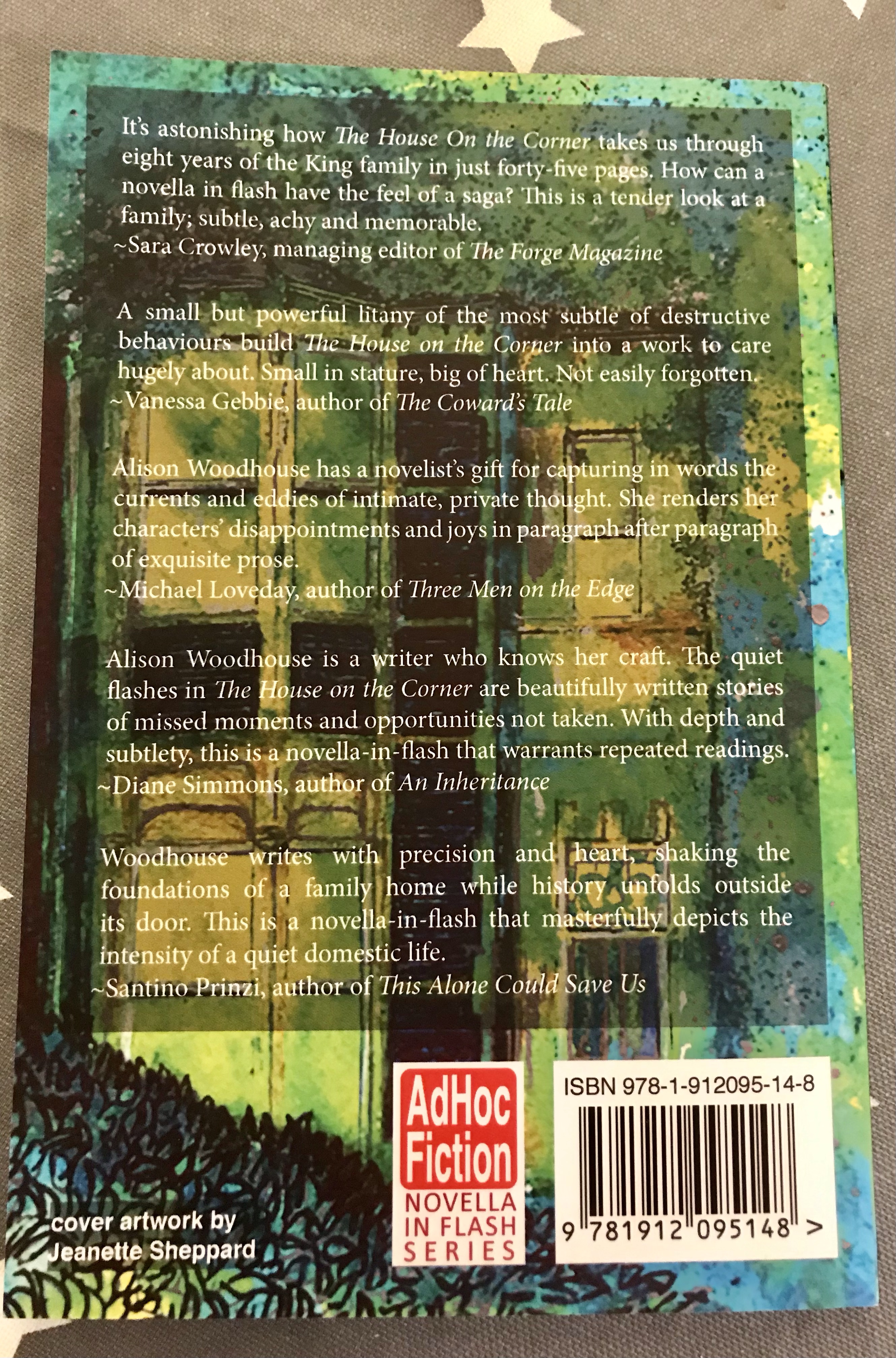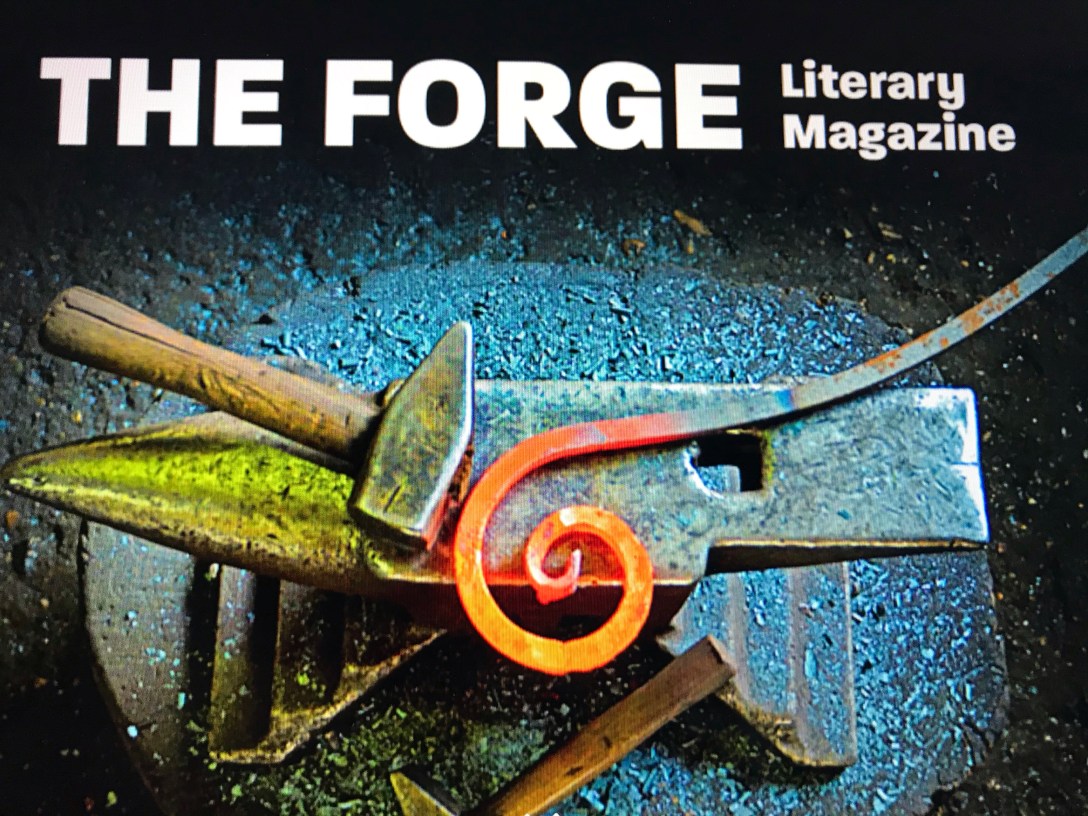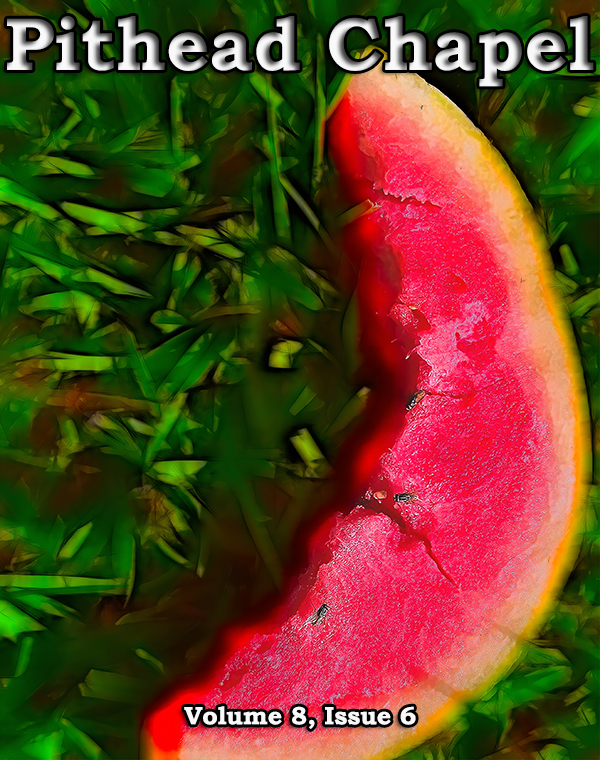Ellipsis Zine published a flash of mine – Words to Make You Swoon.
Category: flash fiction
Remembering Matt
Matt has been dead thirteen years today. This piece was published eleven years ago. We collaborated on a blog and wanted to do more writing together but ran out of time. After his death I used some of his words as prompts. I’m thinking of him today, and often, and sending love to all who are thinking of him too.
Inside Vs. Out
It is another evening of ordinary sand. The moon worms, all mellow and white, glow shine over the laminated floor. Shay’s bladder is full, and protesting with a thump of ache. Shay holds on nervously.
Last time she pissed tiny silver fish that roiled in the froth of her urine. She felt them slip from her as if greased, hundreds teeming, thish thish, into the toilet pan.
Before the fish were the iron filings, heavy and thuddish. They dragged her down to the seat and weighted her there until she was empty.
The rope that uncoiled itself in one thick plait had taken her hours to pass. Thousands of tiny gold bells had prettily jingled on the ceramic sides. Who knew what was inside now, along with the mucous and muck, the blood and the nightmares?
Bronze coins. Jelly tots. Small, milky teeth. Black stitches, safety scissors, a long, thin needle. Shay is afraid but she always looks.
The moon worms jiggle gleam as she fairy steps across to the bathroom. She sits, she releases, feels fur and sharp bite. She passes out.
By Sara Crowley and Matt Kinnison
Recall at Bull
I’m really happy to have my flash, Recall, published at Bull. It’s one of a series of prison flashes I am working on which are inspired by some of the men I’ve met while working in an open prison but are completely fictional.

Mary and Jesus/Joseph up at The Sunlight Press
The House On the Corner by Alison Woodhouse
It’s astonishing how The House On the Corner takes us through eight years of the King family in just forty-five pages. How can a novella in flash have the feel of a saga? Each chapter adds layers to our understanding of the Kings. Woodhouse is skilled at taking her deftly drawn characters and revealing the quiet sadness inside them. There’s magic here in what’s unspoken. We recognise these people trying to make life work despite the disappointments. This is a tender look at a family; subtle, achy and memorable.
Flash Fiction competitions and why they sometimes suck and why ours doesn’t.
I hate how it often feels as if the writing world is only opened up by having money. If you can afford to pay for an MA, a writing retreat, a workshop, then you not only pay for the knowledge you gain but also the connections you make. The internet is a leveller. I joined a brilliant online writing group and have learned heaps from other writers, for free. However, if I want to submit my work to competitions there is usually a fee. I moan about this to anyone who will listen. Who will win a flash fiction competition that charges £9 to enter? A writer who can afford it. Someone kindly suggested on twitter I could email competitions and ask if they have reduced entry fees for those with a restricted income. It’s a terrific idea to offer such places. The truth is I can pay a £9 entry fee if I really want to, but I choose not to. I want the playing field I am on to be as open as possible.
I’m the Managing Editor of The Forge and we pay writers thanks to the generosity of John and Yosh Haggerty and the writers who submit using our $3 tip jar option. I know it’s unusual to have this private backing and it’s a privilege. I understand the need to charge money to make the prize fund. But… £9 for 300 words?
We are holding our annual flash competition this September and the prize is $500, publication, and, a 2-year subscription to Duotrope (thanks Duotrope). It is free to enter until we hit our Submittable limit of 300. There is also a tip jar option. Our tagline is “Literary excellence is our only criteria.” And it’s true. We are looking for stunning writing and that’s it. We are open to all voices with any background, race, ethnicity, gender, sexual and personal identity. I’m very proud of what we offer and would be grateful if you spread the word. Because it is rare to offer something for nothing I expect we will be inundated so to be sure of free entry get ready to sub asap. I know the writer tendency is to wait for the deadline (September 14th) and then fling something in just before midnight in a last-second scramble but we open on September 1st.
I’m looking forward to reading your work.
(I’m posting this on my personal blog because these are my personal views and I don’t speak for any other member of The Forge.)
*klaxon* I have a new story up at Pithead Chapel
I have a new story, Looking Back, up at Pithead Chapel. Please do read if you are so inclined. And massive thanks to those of you who have already read and tweeted and shared. Writing often feels like screaming into a void to me, so it was pretty intoxicating to get such a good response to this one. It’s a stonking issue featuring brilliant words from Megan Pillow Davis, Bradford Philen and Tara Isabel Zambrano, so even if you don’t like my piece I guarantee there’s something you will enjoy.
Beneath at The Journal of Compressed Creative Arts
I’m chuffed to have a flash of mine published at The Journal of Compressed Creative Arts. If you’d like to you can read it here
If I told you my flash was based on a dream I had about Ted Hughes it’d sound really shit…
But hopefully, it isn’t. Thank you to Lauren Becker for publishing Corium Magazine and including my short, short fiction – The Poet, Ted in the latest edition.
Beautiful Trees by Nik Perring
Roast Books have just published another of Nik Perring’s intriguing fictions.
It’s the second in a trilogy of stories following the lives of Alexander, Lucy and Lily. Just like the first, Beautiful Words, it resembles a children’s book. (The third will be Beautiful Shapes.)
Nik is a flash fiction magician conjuring whole lives with small, careful details. He goes back and forth in Alexander, Lucy and Lily’s timelines and whilst describing various trees gently relates moments to it. For a book so brief it’s surprisingly moving, but that’s because Perring is extraordinarily good at this. A written review can’t quite explain how this all works. Suffice to say it is all very uniquely Perring. His words are accompanied and enhanced by illustrations by Miranda Sofroniou, and you should probably buy a copy for yourself and one for your favourite person too.











